Media coverage
Share

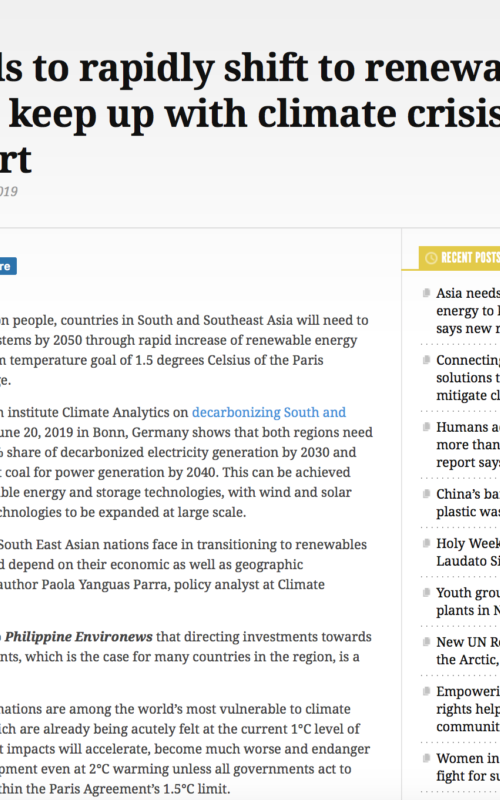
Philippine EnviroNews
Home to more than 2.5 billion people, countries in South and Southeast Asia will need to decarbonize their energy systems by 2050 through rapid increase of renewable energy use in line with the long-term temperature goal of 1.5 degrees Celsius of the Paris Agreement on climate change.
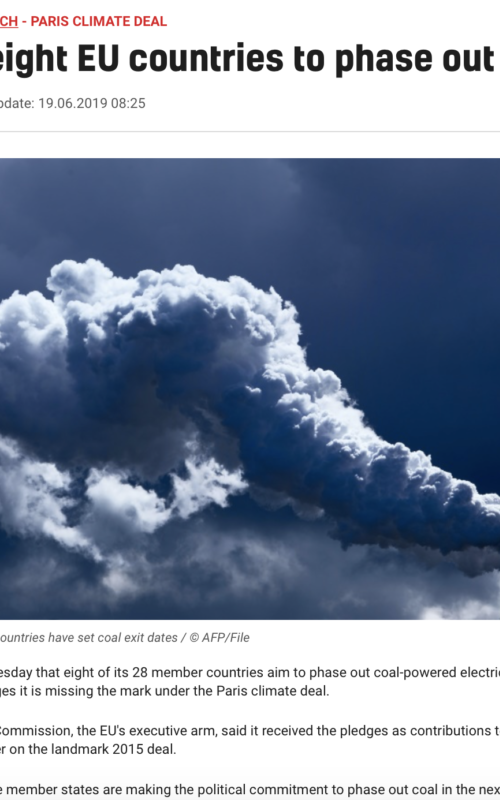
AFP
Eight of the EU's 28 member countries aim to phase out coal-powered electricity by 2030. This means that 40 percent of current capacity will still be online in 2030.
"This is highly inconsistent with the Paris Agreement, which requires a full phase out in the EU by 2030," said Paola Yanguas Parra from Climate Analytics.
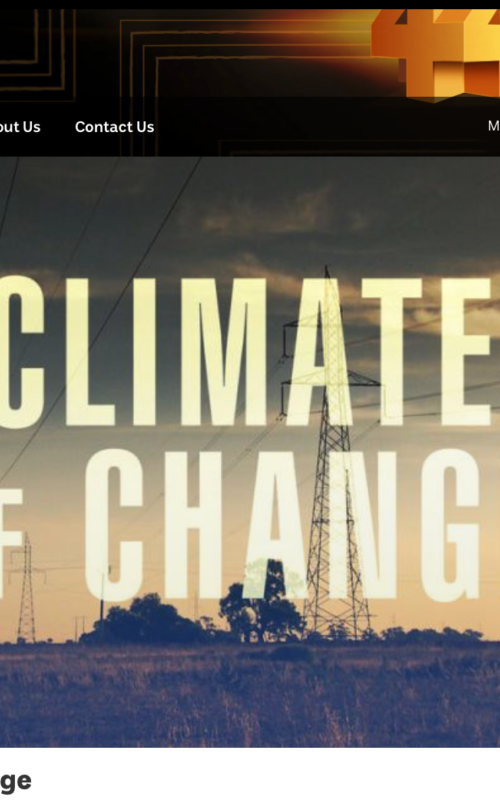
ABC News
This ABC Four Corners program investigates whether Australia is on track to deliver on the targets the nation has pledged to fulfil, and what effect the policies of successive governments have had on its emissions. Program features Climate Analytics CEO Bill Hare.
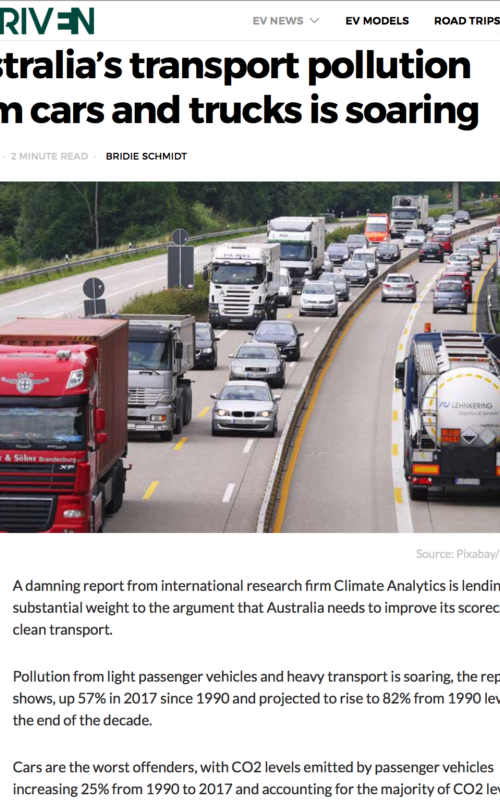
The Driven
A damning report from international research firm Climate Analytics is lending substantial weight to the argument that Australia needs to improve its scorecard on clean transport. Pollution from light passenger vehicles and heavy transport is soaring, the report shows, up 57% in 2017 since 1990 and projected to rise to 82% from 1990 levels by the end of the decade.
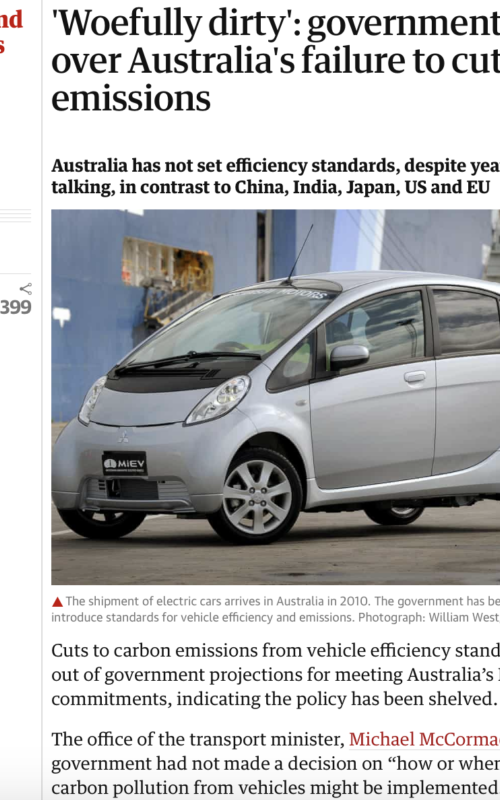
The Guardian
“Australia is almost alone in not having any motor vehicle emissions standards for carbon dioxide and/or vehicle efficiency standards for litres per 100km. That means that vehicles in Australia are much more inefficient and more costly to run than in the US or Europe or Japan.” - Bill Hare, CEO of Climate Analytics
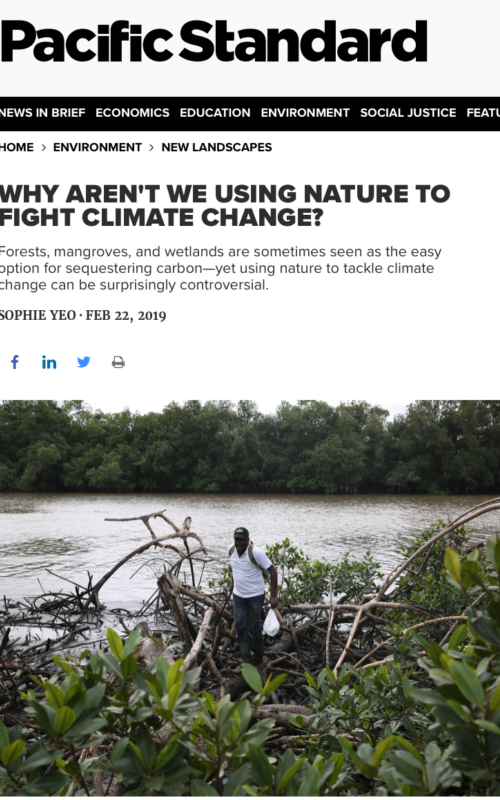
Pacific Standard Magazine
"It really is time that governments stopped trying to find more ways to offset their fossil fuel emissions through, for example, protecting seagrass and mangroves in coastal areas," says Bill Hare, chief executive officer of Climate Analytics. "They do need protection, but if that work is then used to offset emissions, then ultimately the resulting warming will kill them. We need a clear firewall between these two activities."
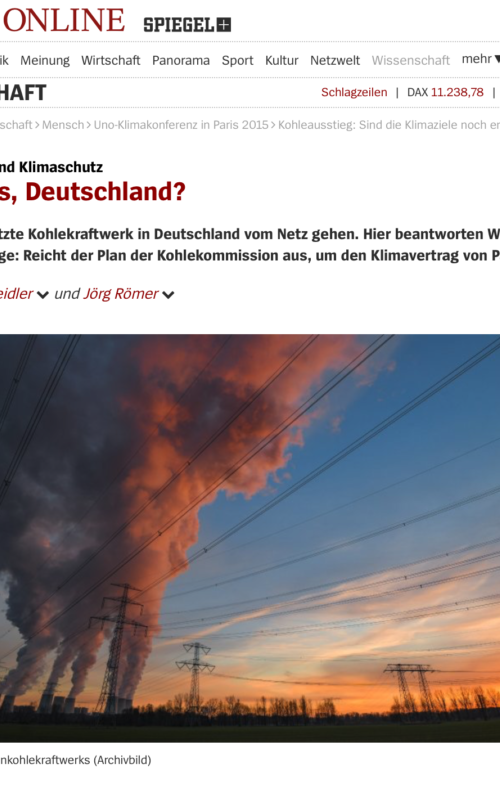
Spiegel ONLINE
In 2038, the last coal-fired power plant in Germany is to be taken off the grid. Scientists answer the key question: Is the coal commission's plan sufficient to meet the Paris climate treaty?
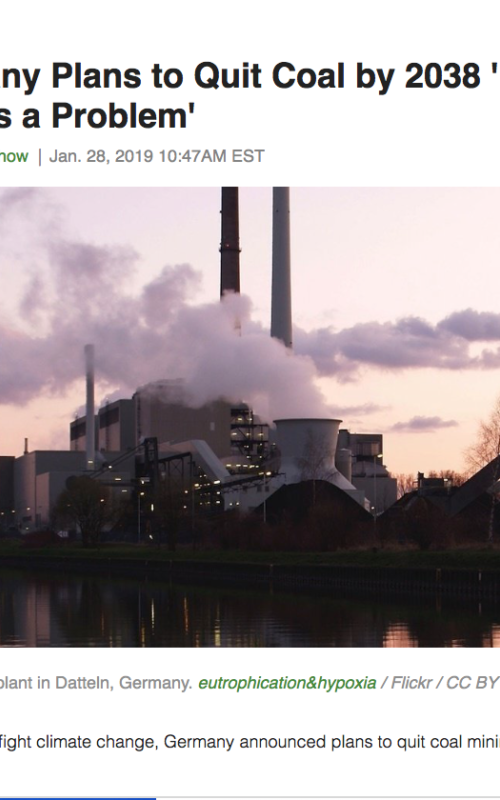
EcoWatch
In an effort to fight climate change, Germany announced plans to quit coal mining and burning by 2038. It's a significant move as nearly 40 percent of Germany's electricity comes from coal-fired power plants. But some environmentalists warned that the commission's recommendations are not ambitious enough for Germany to meet its obligations under the Paris climate agreement.

taz
The compromise misses the targets of the Paris Agreement, experts say. Germany would have to step up its efforts once again.
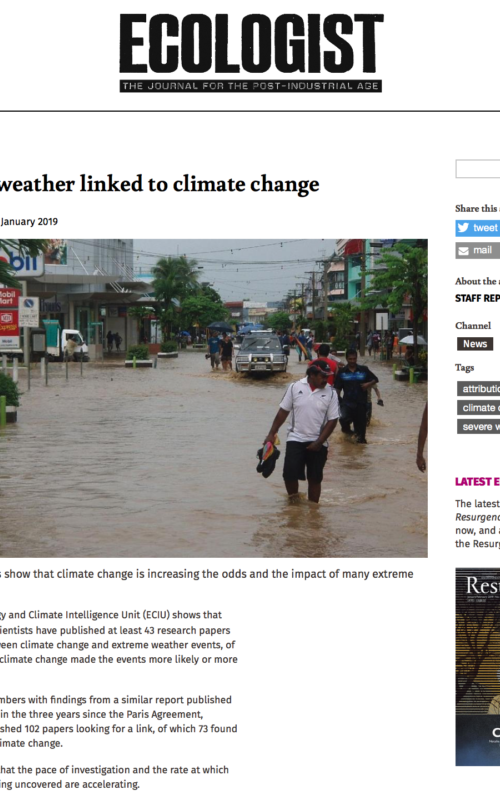
The Ecologist
A study by the Energy and Climate Intelligence Unit (ECIU) shows that over the last year, scientists have published at least 43 research papers looking at links between climate change and extreme weather events, of which 32 found that climate change made the events more likely or more intense. Climate Analytics' Bahamas-based climate researcher and IPCC author Dr Adelle Thomas, said: “Improved scientific understanding of how a warming climate drives or amplifies these events shows that climate-related loss and damage is occurring now, and that vulnerable nations, like small island developing states, need support to address these escalating impacts."